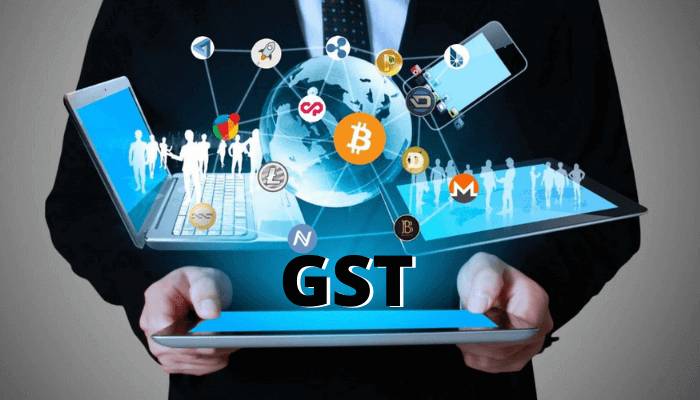Now we have ushered in a new era of GST which is as strict as simple. As we know GST is now merged with all previous Indirect Taxes. So, every entrepreneur before involving himself into the business should know some crucial points in relation to GST law which he needs to follow in his day to day business activities and such points shall be discussed in this article:

In this article, we will discuss about...
1. Registration:
GST registration is mandatory if the business turnover in a Financial Year exceeds Rs. 20 Lakhs if he is the supplier of services and Rs. 40 Lakhs if he is a supplier of only goods.
He may voluntarily get registered himself with the GST portal even if his turnover did not reach the threshold limit mentioned above. But once he got registered he need to comply with all the provisions of GST law, whether it is related to Invoice, Accounts and records, Returns, E-way bill, etc.
As per sections 24 of the CGST Act, One should get himself registered with the GST portal irrespective of turnover. Some of the general cases of this section are mentioned below:
- The person making interstate Taxable Supplies.
- Casual Taxable person making taxable supplies.
- Persons who need to pay tax under reverse charge.
- A non-resident taxable person making taxable supplies.
- Every E-commerce operator and the person supplying their goods or services through ECO.
- and such other persons as specified thereon.
2. Rate of Tax of Goods/Services or HSN/SAC code:
Once the person got registered with GST, after that he needs to check the rate of tax applicable to those goods or services which he will supply in his business.
Different goods are classified in GST on the basis of HSN code (Harmonized System of Nomenclature) and various services are classified in GST on the basis of SAC code (Service Accounting Code).
A registered person must know the HSN or SAC of his supplies as soon as he got registered and started making supplies under GST.
3. Issue of Invoice and charging of GST:
Once registered, he will be able to issue tax invoice and charging GST on various supplies from his customer whether CGST/SGST in case of intrastate supply or IGST in case of inter-state supply.
He must mention his GST number on every invoice issued by him and must ensure he is collecting GST at the correct rate and regularly depositing the same to the government at a specified time.
4. Input Tax Credit and Payment of GST:
If a person is not opting for composition levy, He is eligible to claim an input tax credit of the goods or services procured in order to make taxable supplies. So, in order to claim the input tax credit, he must provide his GST number to the supplier.
Now, he needs to pay only differential GST to government, i.e. Output GST less Input Tax Credit.
5. Filing of returns:
Supplying goods or services and issuance of the invoice is of no use if the registered person is not timely declaring his supplies detail to the government regularly in the form of GST returns. He must pay tax on time in order to file his return.
Currently, Every taxpayer paying taxes and filing returns on a monthly basis. However, Taxpayers having a turnover up to Rs. 5 Crores can file returns on a quarterly basis but he needs to pay taxes on a monthly basis.
So, above are the main points that an entrepreneur should take care of while doing his business in the GST environment.
